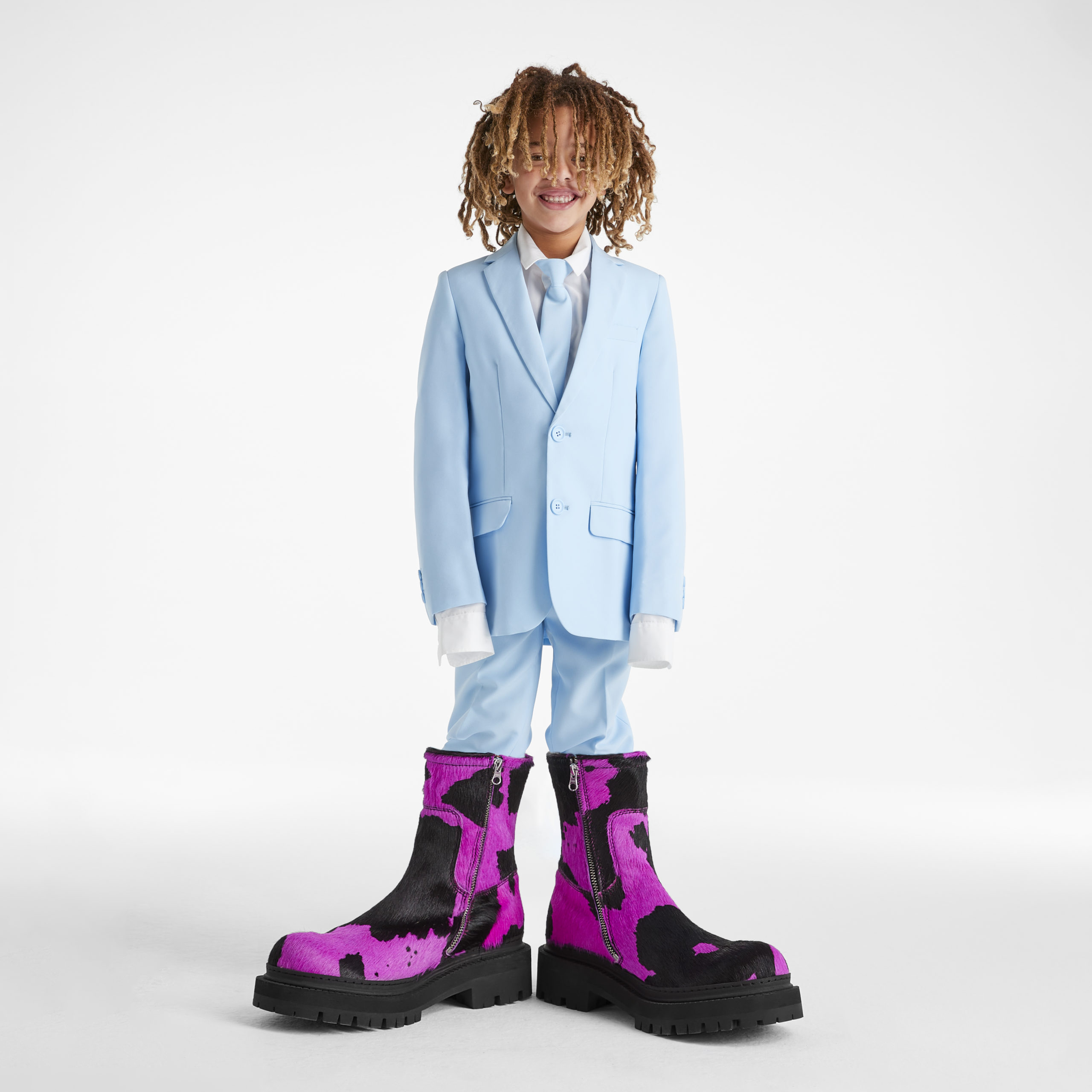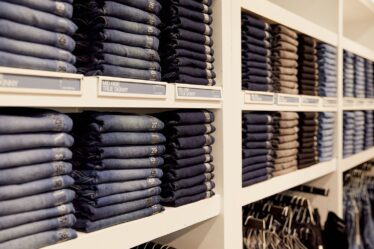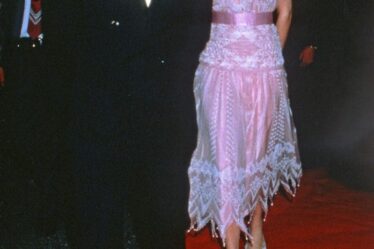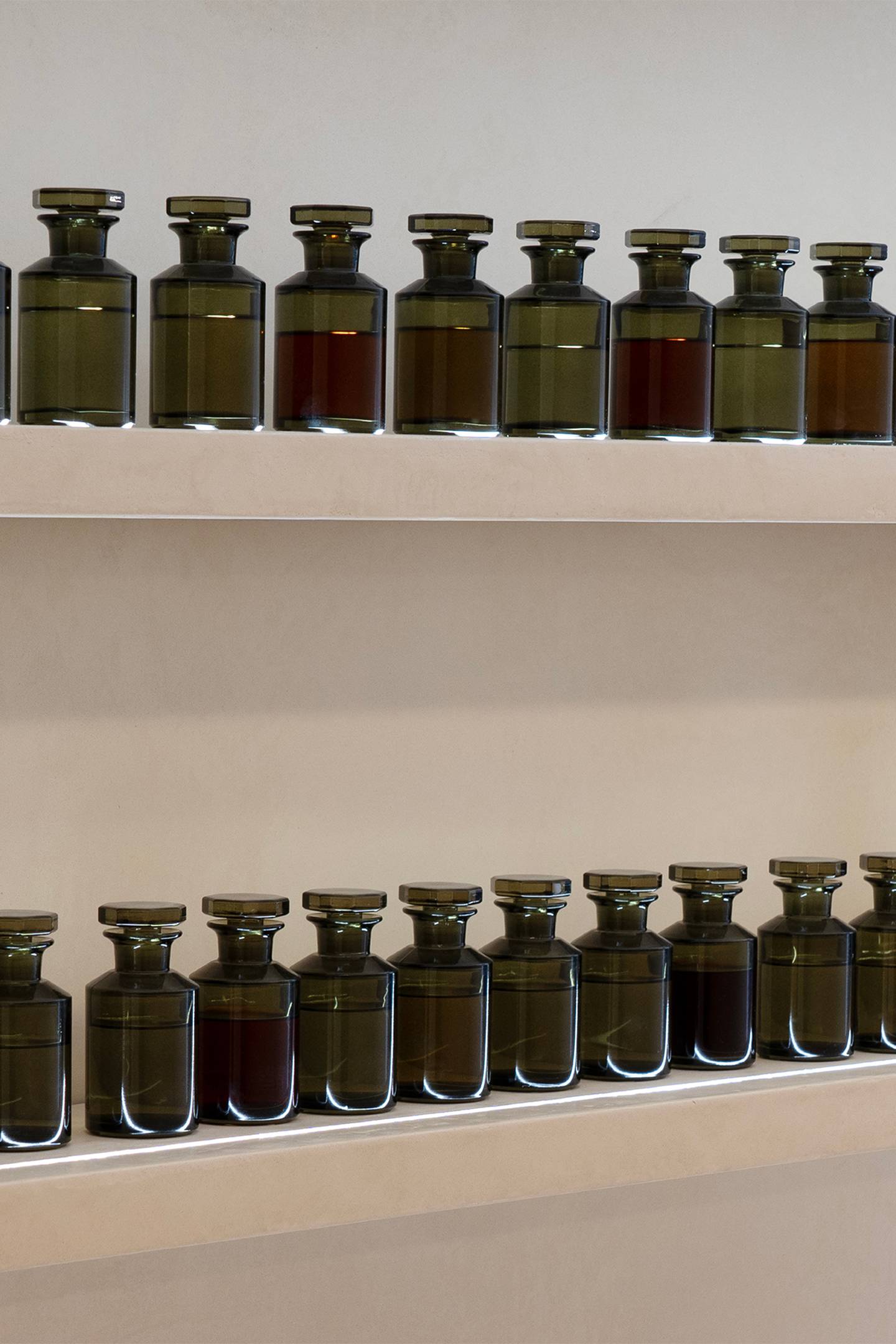
When we broke the news earlier this week that Hedi Slimane was launching Celine Beauté, my inbox, text messages and DMs were immediately flooded:
“Have you seen any of the product?” “Bring all the comps tomorrow,” “Who is doing the PR?” The comments on The Business of Beauty’s social media pages were equally fervent.
At a time when nearly every fashion business is hoping to launch a beauty enterprise of their own — Dolce & Gabbana, Kering, Richemont — or partner with a licensing company for a makeup or skincare collection — Prada, Miu Miu, Marni, Etro — I wondered why the response for Celine’s offering was so … enthusiastic.
First off, it seems as though Celine is taking more of the curated Hermès route with coordinated, pulsed collections than launching everything at once. The house is starting with a single red lipstick, Rouge Triomphe, this autumn before offering a complete, 15-piece lineup of satin lipsticks in January 2025. Each season that follows will be dedicated to a category from lip balms and mascaras to loose powders and eye pencils, and will tie back to runway collections.
That last bit is critical to why people are so excited. The runway connection ensures each drop will evoke Slimane. Since he became artistic, creative and image director at the French house, the designer has launched menswear (2018) and fragrances (2019), filling out the Celine universe. And it has become a megabrand in the making. According to sources, Celine is closing in on €3 billion ($3.27 billion) in annual revenue. Beauty is an extension of that, and we can already see touches of the fashion line, including Celine’s interlocked Cs, imprinted on the upcoming Rouge Triomphe lipstick and eye pencil caps.
That approach will draw a distinction between Celine’s beauty offerings and lines from rival fashion brands, as products from licensing partners often lack cohesion. Prada’s new and improved Prada Beauty line with L’Oréal looks almost as clinical as L’Oréal Paris’ products versus the covetable collections that Miuccia Prada and Raf Simons present on the runway. Meanwhile, since Alessandro Michele left Gucci, Gucci’s makeup line, which was created with Coty, feels dated and disjointed from Sabato De Sarno’s designs.
But that doesn’t mean every fashion label can successfully pull off their own in-house beauty brand.
L’Oréal, Coty, Interparfums and the like are experts at beauty — they have decades of product development experience and marketing knowhow. No matter how much fashion executives want to say beauty and fashion are the same, selling a lipstick is far different from selling a bag or a couture dress. Fashion labels that are entering beauty on their own must assemble the right team, with the right experience and, crucially, the right amount of investment.
That’s why sources have told me Kering is taking its time putting its infrastructure in place to better incubate its own beauty labels, and why its first move in the space was an acquisition (Creed) versus an in-house line.
Celine is intent on creating a world for its customers across fashion, fragrance and now cosmetics. So far, Slimane’s vision across the house is working. And LVMH has plenty of beauty expertise, with learnings from Dior Beauty, Benefit and Sephora right at its fingertips. The luxury group also has a new secret weapon in beauty as former L’Oréal USA chief executive Stéphane Rinderknech was named chairman and CEO of the beauty division at LVMH last year.
Here’s betting a rush for Rouge Triomphe come September.
Here are my top picks from our insight and analysis on beauty and wellness this week:
1. Lightning in a Bottle: Tapping Into the Niche Fragrance Boom
With independent perfume on a hot streak for investments and acquisitions, the fragrance market is only growing larger — and more competitive. Here’s what steps emerging brands need to take as they expand.
2. Can Matilda Djerf’s Influence Translate to Beauty Sales?
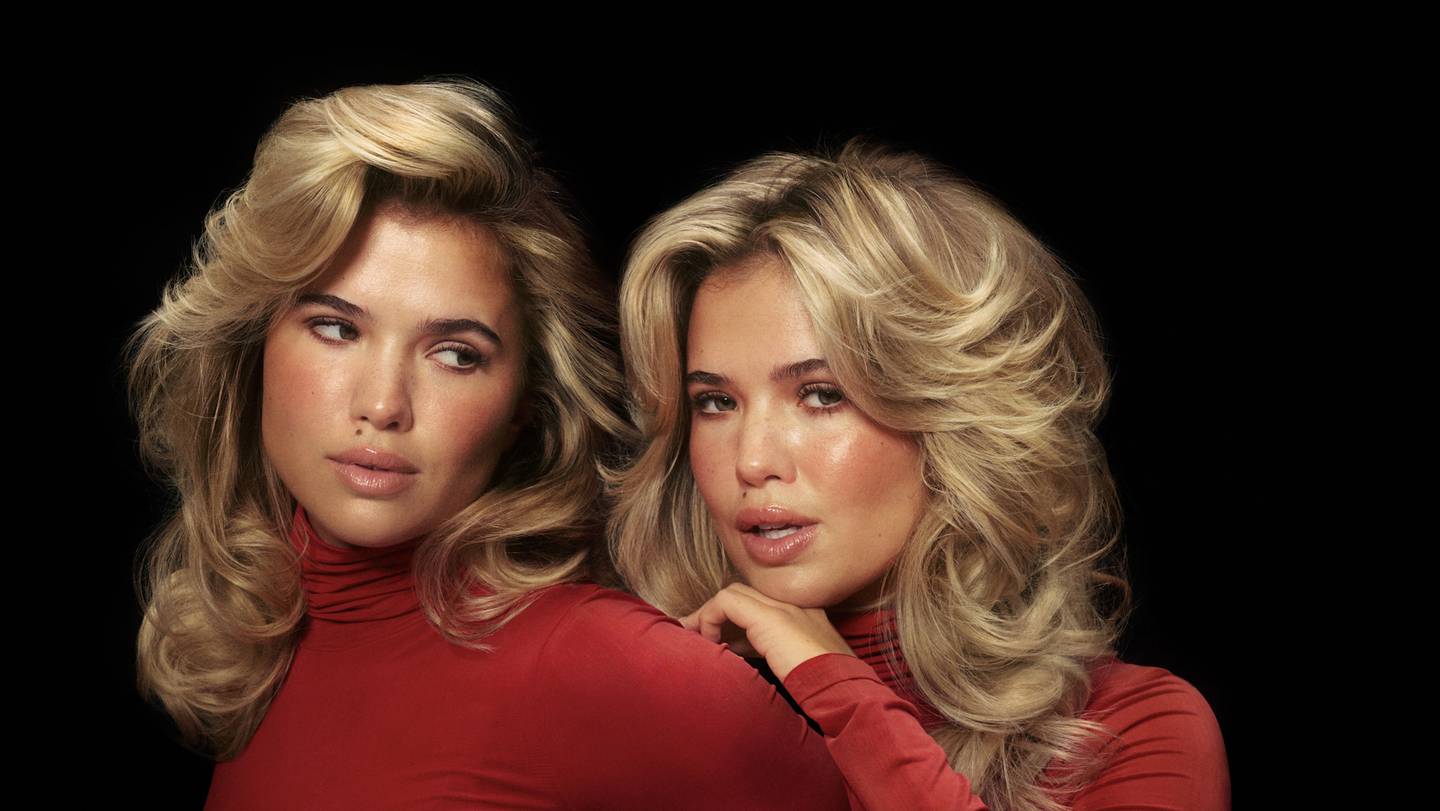
The Scandinavian influencer known for setting global hair trends unveils her first beauty venture.
3. What Blink-And-You’ll-Miss-It Beauty Trends Mean in the Long Term
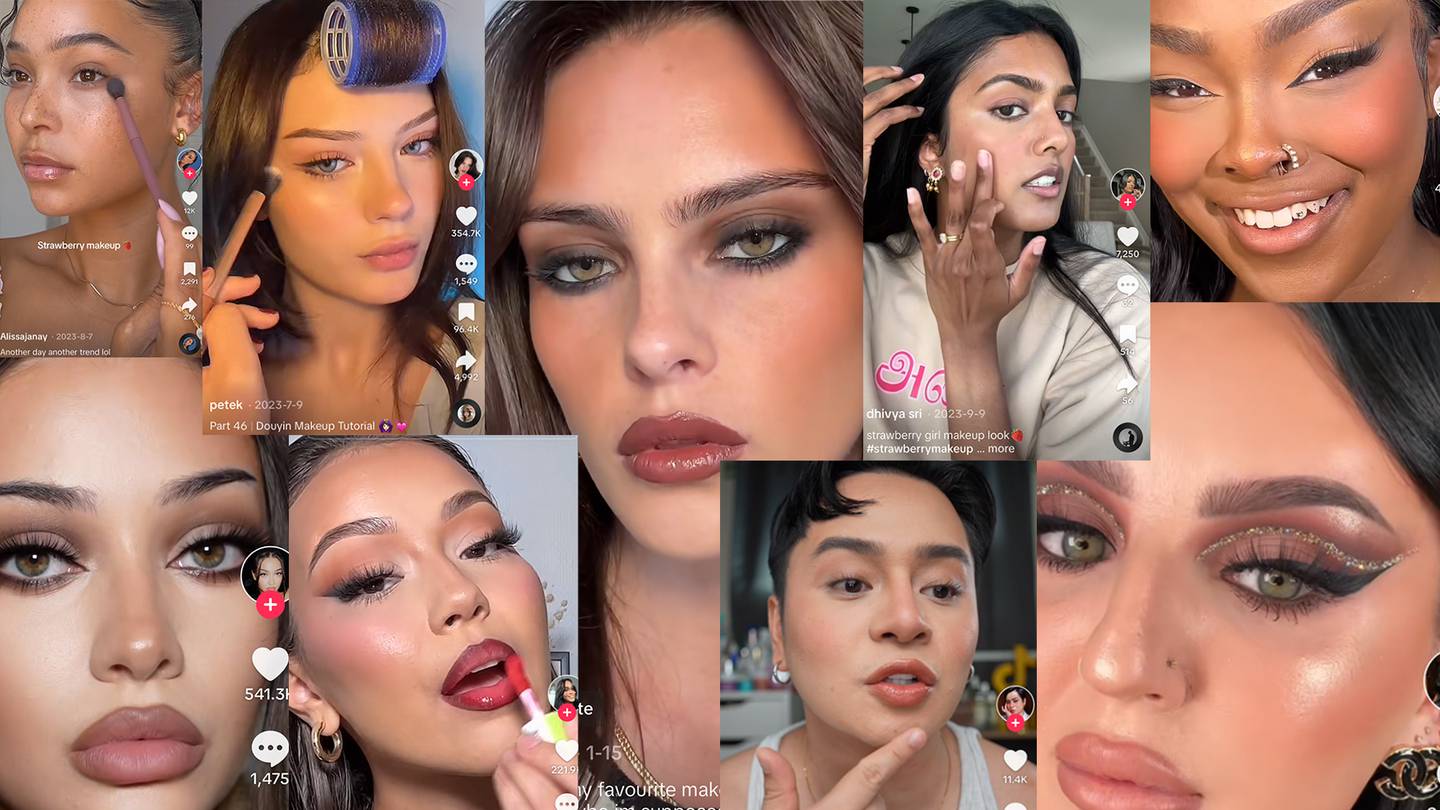
Beauty trends are getting more ephemeral, and much, much weirder. But behind these fleeting moments might be more macro movements.
THE BUSINESS OF BEAUTY NEWS IN BRIEF
Hedi Slimane launches Celine beauty line. The designer is making a foray into cosmetics at the LVMH-owned megabrand-in-making. Celine’s Rouge Triomphe lipstick will debut in the autumn, with a full range of 15 satin-finished colours slated for January 2025.
The Body Shop files for bankruptcy in the US and Canada. The company filed for Chapter 7 insolvency putting about 400 jobs at risk including those in a distribution centre that still holds millions of dollars-worth of stock. In Canada, 33 of the 105 shops have closed, with the loss of more than 200 jobs.
CVC’s beauty chain Douglas sets terms for a $991 million IPO. The shares are being marketed at €26 to €30 each. The offering seeks to raise about €850 million for the company through the sale of new stock.
Lilly partners with Amazon to deliver Zepbound and other drugs. The drugmaker said prescriptions sent to LillyDirect Pharmacy Solutions would now be delivered by either Amazon Pharmacy or Truepill, depending on the patient’s insurance coverage and other factors.
LVMH is part of a group of investors who, together, hold a minority interest in The Business of Fashion. All investors have signed shareholders’ documentation guaranteeing BoF’s complete editorial independence.

